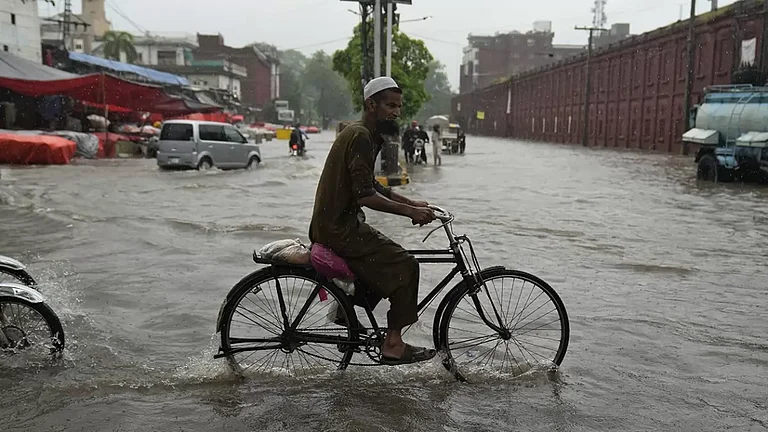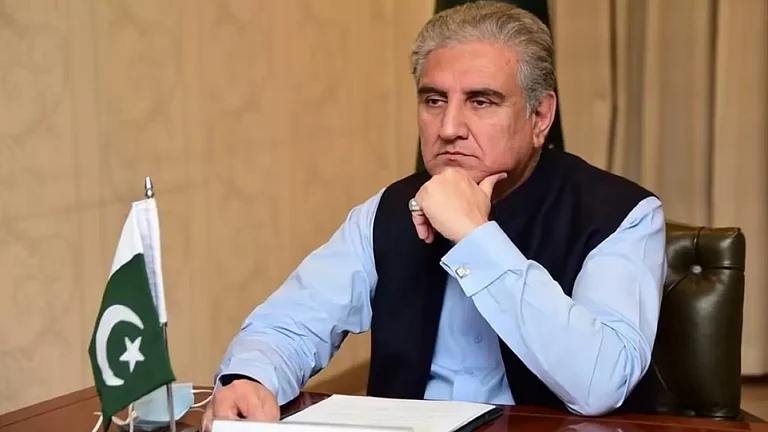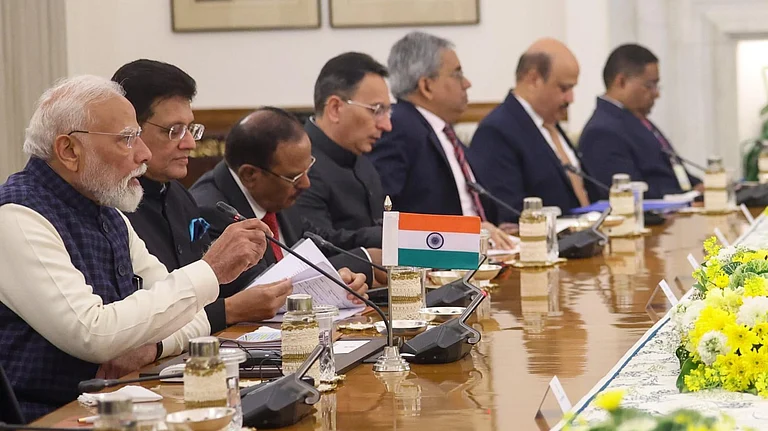
Xi launched BRI in 2013 to revive Silk Road–style trade links
Funded by Chinese banks, it built transport and energy projects abroad
Railways, ports, and power plants put China on par with the World Bank
Prime Minister Narendra Modi on Monday stressed that connectivity projects must respect sovereignty and territorial integrity, a core principle of the Changhai Cooperation Organisation (SCO) charter. His remarks came at the SCO Summit in China, in the presence of top leaders including Russian President Vladimir Putin and Chinese President Xi Jinping.
“Connectivity should always respect sovereignty and territorial integrity - this is a fundamental principle of the SCO charter. Connectivity that bypasses sovereignty loses trust and meaning,” PM Modi said.
“India has always believed that strong connectivity not only boosts trade but also opens doors to growth and trust. With this in mind, we are working on initiatives like the Chabahar Port and the International North-South Transport Corridor. This will help us improve connectivity with Afghanistan and the Central Asia,” he added.
Modi’s statement on connectivity came days after the foreign ministers of Afghanstan, China, and Pakistan agreed to expand their cooperation in various fields, particularly in the extension of the China-Pakistan Economic Corridor (CPEC) to Kabul.
CPEC Corridor Project
The CPEC Corridor is a $60 billion corridor being laid through Pakistan-occupied Kashmir (PoK) with China's assistance. It was launched in 2015 with the objective to increase connectivity in Pakistan and China by building roads, energy projects and industrial zones in Pakistan.
Knows as "One Belt, One Road" in China, the Belt and Road Initiative (BRI) began as a plan to have Chinese firms develop infrastructure abroad, from transport networks to energy projects, financed largely through loans from China's policy banks.
Its stated ambition was to revive the spirit of the ancient Silk Road by boosting global trade and economic ties. President Xi Jinping first outlined the vision during trips to Kazakhstan and Indonesia in 2013, and over the following years it evolved into a vast program.
Under BRI, projects ranging from railways in Kenya and Laos to power plants in Pakistan and Indonesia took shape, positioning China as a leading development financier, rivaling even the World Bank.
India is opposed to the CPEC as it passes through the Pakistan-occupied-Kashmir, giving China access to the Arabian Sea through the Gwadar port in Pakistan's Balochistan province.


































